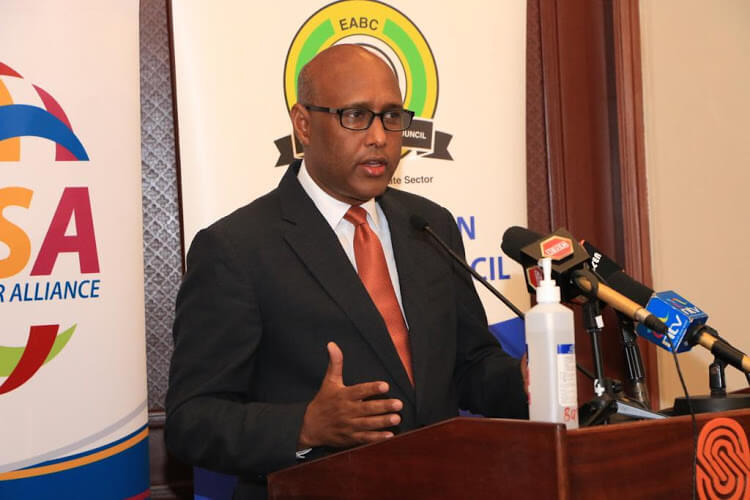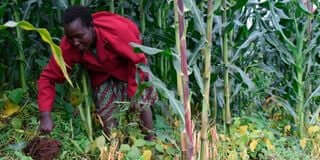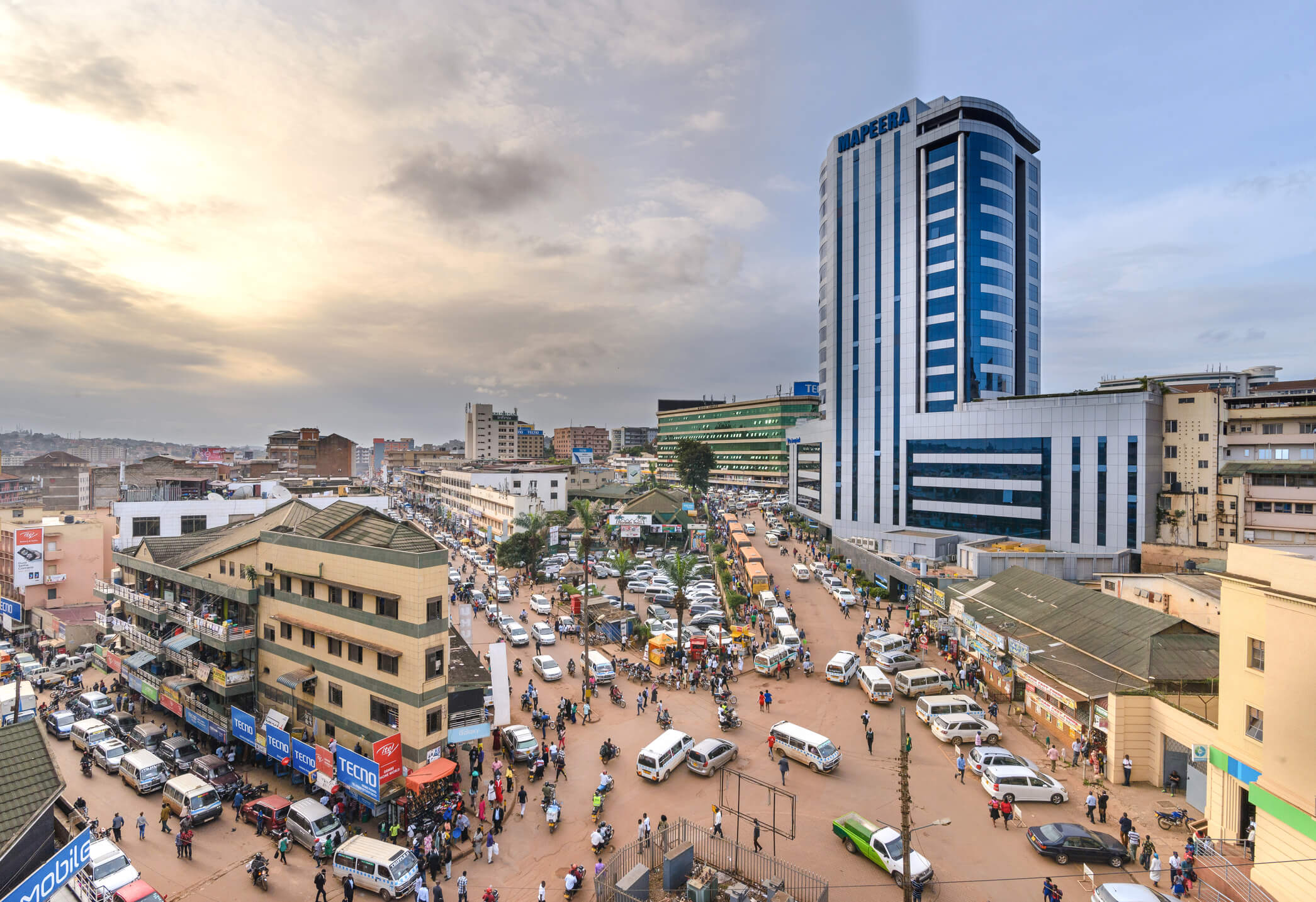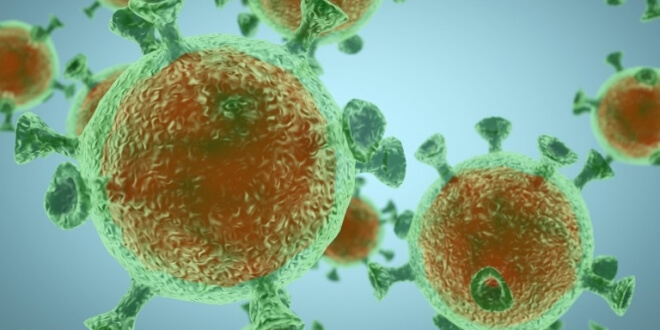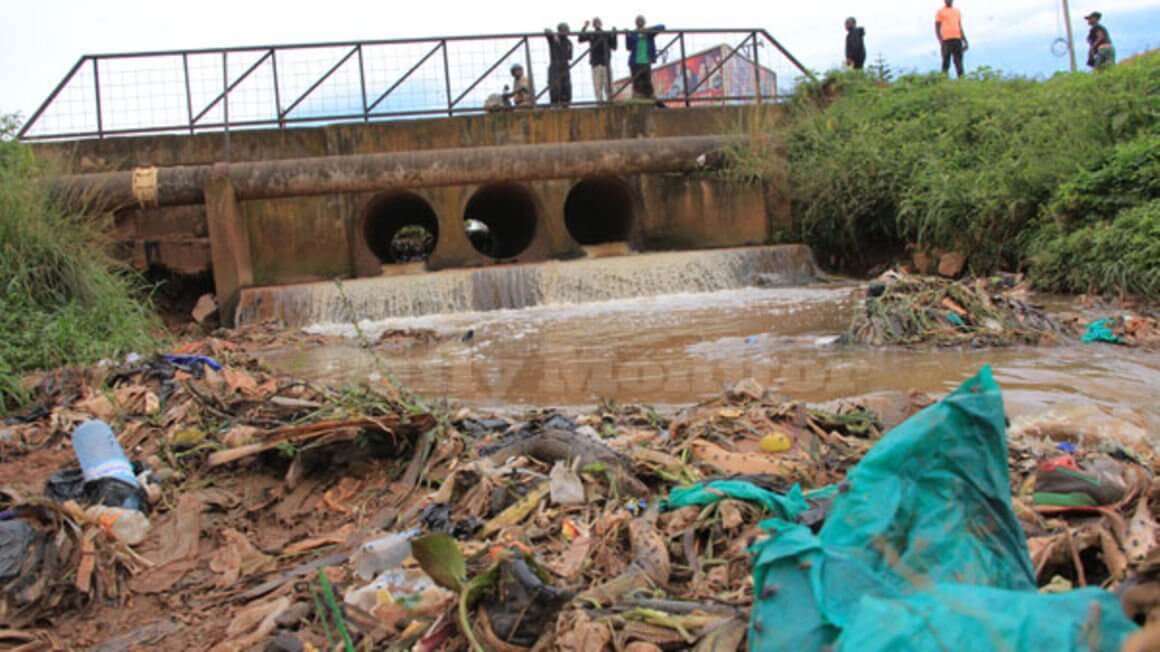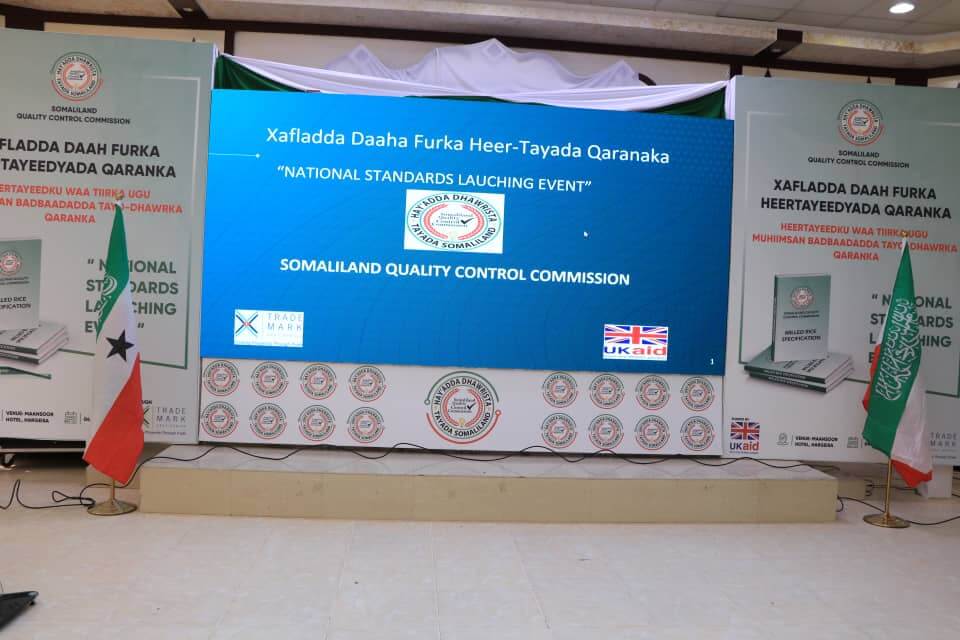It’s great for governments to do Trade Deals, but making the benefits flow to businesses in the real economy is what will determine if they are successful or not. The Institute of Export & International Trade has inked a partnership with multinational NGO, TradeMark Africa, aimed at doing just that by using digital technology, including distributed ledger or blockchain, to connect buyers and suppliers in Kenya and the UK. The Trade Logistics Information Pipeline, or TLIP, will enable all companies and government agencies in the supply chain to upload and access data simultaneously cutting out wasteful repetition. In supply chains like those for perishable food, think of green beans on the supermarket shelves, that will cut time to market but most importantly it will also cut cost. TLIP is the first example of this kind of initiative between the UK and a developing nation since the UK regained full control of its trade policy at the start of 2021. It builds on the Economic Partnership Agreement, a trade deal, the UK signed with Kenya in March of this year and is a sign of things to come. But it isn’t trade diplomacy that will decide if it succeeds or fails, that will be down to the extend that it is adopted by business, it has to be responsive to business needs and deliver meaningful, measurable improvement. Digital technology is an ever more important piece of the trade picture. We at the IOE&IT welcome the emphasis that the UK has put...
Getting trade out of a ‘Trade Deal’
Posted on: August 9, 2021
Posted on: August 9, 2021



